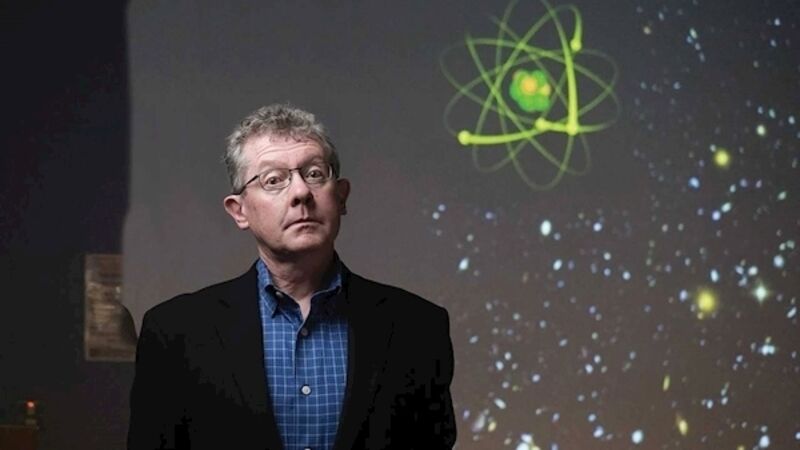West Cork-born scientist to outline the future of technology

University College Cork will tomorrow host an inaugural lecture on the future of computing and technology by a world-leading scientist and West Cork native.
Professor Séamus Davis will outline how the emerging second quantum revolution promises transformative advances in science, industry, economy, and society.













